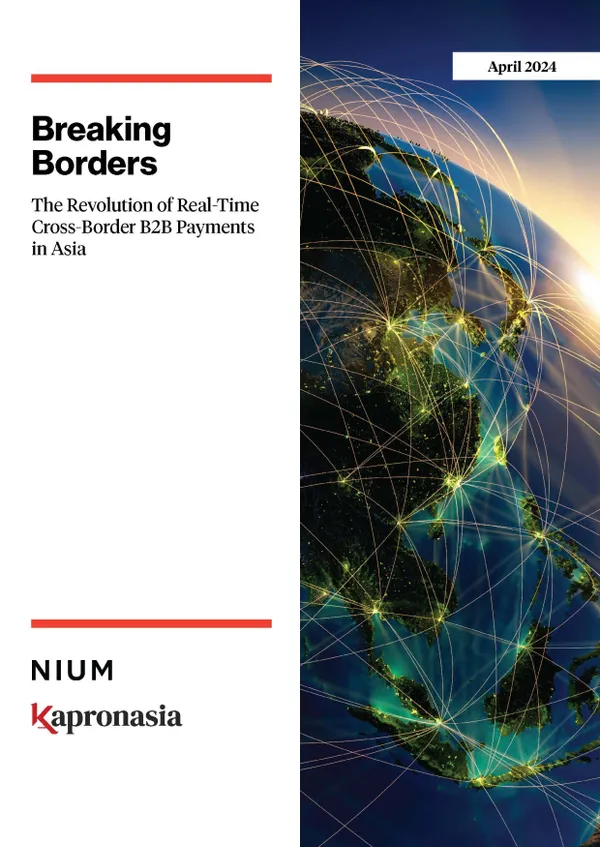In the complex world of global commerce, cross-border business-to-business (B2B) payments are crucial yet challenging for international trade. The rapid expansion of e-commerce and increased business interconnectivity highlight the inefficiencies of traditional payment systems. These systems are plagued by complexity, high costs, and slow processing times, all of which create significant friction in seamless global transactions.
Businesses engaged in international trade face unique challenges, such as managing exchange rates and navigating foreign banking systems, which are absent in domestic transactions. Language barriers, time zone differences, and diverse regulatory environments add to the complexity. Despite these challenges, the fundamental process of executing cross-border payments has remained largely the same for decades, relying on outdated, slow, and opaque methods.
This outdated framework significantly hampers worldwide commerce, affecting cash flow, increasing costs, and limiting operational efficiency. For companies aiming to exploit global growth opportunities, these obstacles are both clear and limiting. Read this paper to learn more about the challenges and opportunities for cross-border payments in APAC.

